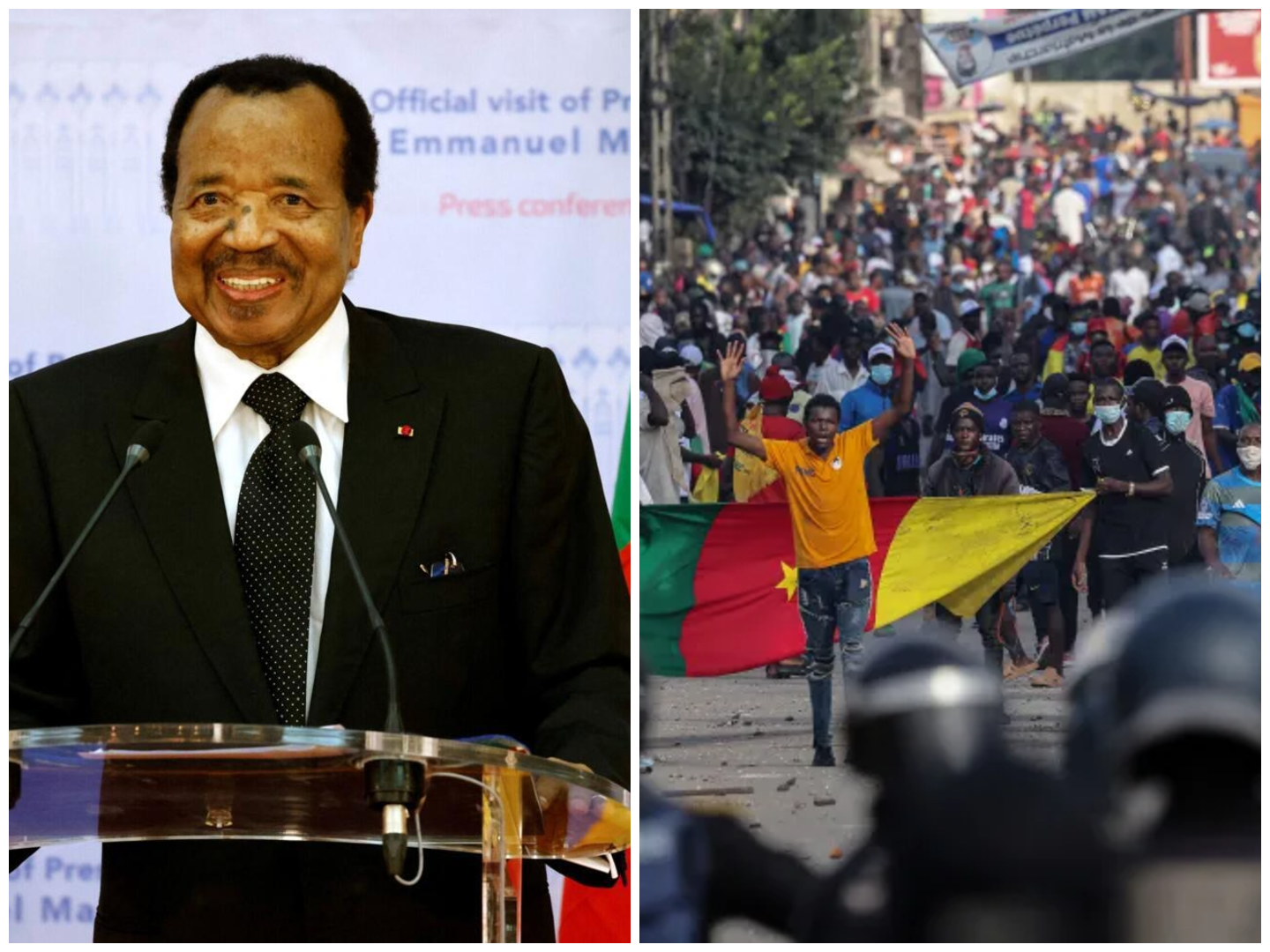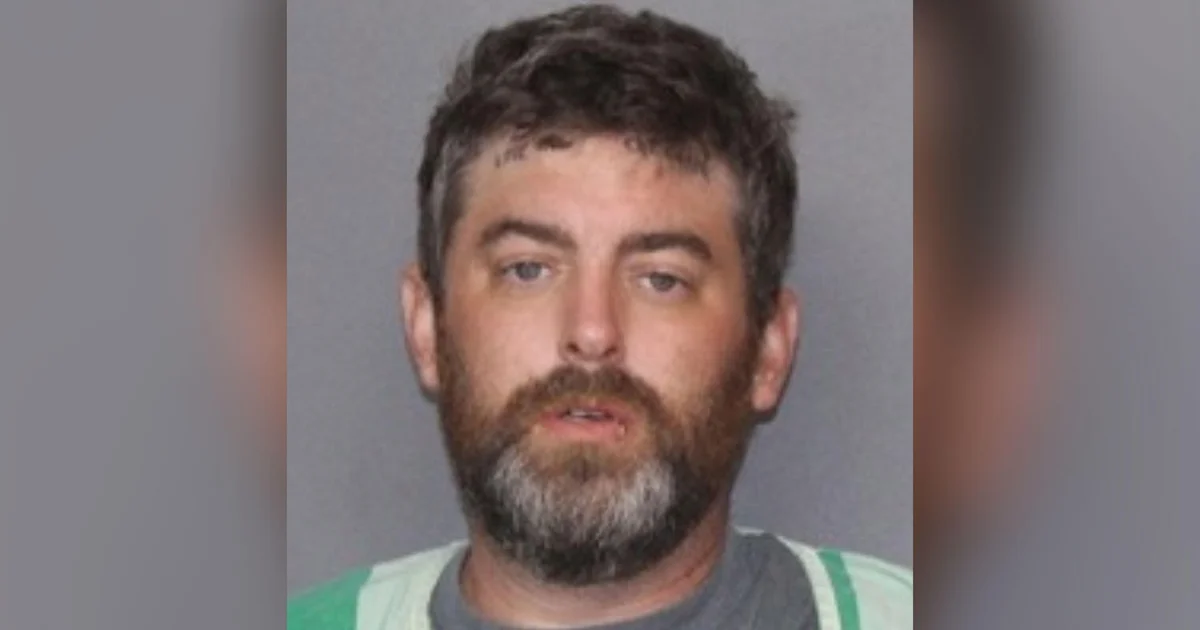Copyright pulse

On Monday, October 27, 2025, Paul Biya, at the age of 92, secured yet another term as President of Cameroon. Biya will now serve his eighth consecutive term in office and will govern till 2032; by then, he will be almost 100 years old. Biya has been President since 1982 and is the second head of state to lead Cameroon since its independence from France in 1960. Official results from the country’s electoral commission declared him the winner with 53.66% of the vote, while his main challenger, Issa Tchiroma Bakary, trailed with 35.19%. ALSO READ: Oldest World Leaders in 2025: Is Tinubu on the List? Who Is Paul Biya? Paul Barthélemy Biya’a bi Mvondo was born on 13 February 1933 in the small village of Mvomeka’a, in Cameroon’s South Region. He grew up in a humble, Catholic household under the care of his parents, Étienne Mvondo Assam and Anastasie Eyenga Elle. Early Life & Education Biya began his studies at a Catholic mission school in Nden, where he obtained his First School Leaving Certificate in 1948. He went on to attend St. Tharcissius Pre-seminary in Edéa and the Minor Seminary in Akono before completing his secondary education at Lycée Général Leclerc in Yaoundé, where he earned his Baccalauréat in 1956. He pursued higher education in France, where he studied at Lycée Louis-le-Grand, the Sorbonne, the Institute of Political Studies (Sciences Po), and the Institute for Overseas Studies (IHEOM), obtaining degrees in law and public administration. His years in France exposed him to European political systems and prepared him for a career in governance and diplomacy. RELATED: 7 most corrupt leaders and how much they stole - a Nigerian is on the list Early Career and Rise in Government After returning to Cameroon in the early 1960s, Biya joined the public service, beginning his political ascent as a chargé de mission at the Presidency in 1962. His administrative talent and loyalty to the ruling elite earned him a swift rise through the ranks. By 1964, he had become Director of the Cabinet at the Ministry of National Education and later Permanent Secretary of the same ministry. In 1967, he was appointed Director of the Civil Cabinet at the Presidency, and by 1968, he was promoted to Secretary-General of the Presidency. His climb continued, and in June 1970, he became Minister of State, one of the most influential roles in government. By June 1975, President Ahmadou Ahidjo appointed him Prime Minister, making him the constitutional successor to the presidency. Ascension to Power When President Ahidjo unexpectedly resigned on 4 November 1982, Biya, then Prime Minister, was constitutionally mandated to succeed him. He was sworn in as President two days later. Initially, the transition appeared smooth, but tensions soon surfaced between Biya and Ahidjo, as the latter attempted to maintain control over the ruling party. Biya eventually consolidated his power, sidelining the former president's allies and reshaping the political landscape to his advantage. YOU MIGHT LIKE: 8 young world leaders who became Presidents before 40 Under his leadership, the Cameroon National Union (CNU) was transformed into the Cameroon People’s Democratic Movement (CPDM), which became the dominant political force in the country. The Era of One-Man Rule As Africa’s largest producer of timber and the world’s fifth-largest producer of cocoa, Cameroon has the resources to be a rich country. But Biya’s life-presidency, corruption allegations, and use of indiscriminate violence as a first resort have made Cameroon a country in perpetual crisis. Under Biya, Cameroon has turned into a highly authoritarian and astonishingly corrupt country. Throughout the 1980s, the Central African country remained a one-party state under his firm control. In 1990, amid rising global demands for democracy, Biya reluctantly reintroduced multiparty politics, yet elections remained heavily tilted in his party's favour. Successive polls in 1992, 1997, 2004, 2011, 2018, and most recently 2025 were marred by allegations of irregularities and voter intimidation. The 2008 constitutional amendment, which removed term limits, effectively granted Biya the right to rule for life. His government has also faced accusations of human rights abuses, corruption, and suppression of dissent. EXPLORE: Top 10 most hated political figures in the world He has ruled with an iron fist, repressing all political and armed opposition, and holding onto power through social upheaval, economic disparity, and separatist violence. As a result, many Cameroonians live in dire poverty. According to the World Food Programme (WFP), 40% of the population lives below the poverty line. Another estimated 6.2 million are in need of humanitarian assistance. That’s 25% of the over 30 million population. Family and Personal Life Biya married Jeanne-Irène Biya in the early 1960s. The couple did not have biological children but adopted a son, Franck Biya, who has since become a prominent public figure and is often mentioned as a potential successor to his father. After Jeanne-Irène died in 1992, Biya married Chantal Vigouroux Biya in 1994, a glamorous figure known for her distinctive fashion and active presence in social and charitable causes. They have two children — Paul Biya Jr. and Anastasie Brenda Biya Eyenga. The Biya family has often been the subject of public scrutiny, accused of living lavishly while the majority of Cameroonians face economic hardship. President Biya has been widely reported to spend months at the five-star InterContinental hotel in Geneva, Switzerland. A recent report from September 2025 states that his estimated expenditures could be at least CHF 150 million (approximately USD 177 million) between 1982 and 2018. SEE THIS: 2 Nigerian presidents assassinated in office — Who killed them? A 2009 report from the Financial Transparency Coalition estimated Biya's wealth to be around $100 million and noted his ownership of several castles in France and Germany, as well as a villa on the Côte d'Azur. Scandals and Criticisms Biya’s administration has faced numerous scandals, particularly regarding corruption and governance. The Anglophone crisis, which erupted in 2016, has also drawn international condemnation for the government’s heavy-handed response to protests and separatist movements in the northwest and southwest regions. Meanwhile, Biya’s long absences and secrecy surrounding his health have further deepened public frustration and speculation. In September 2025, the Cameroonian authorities banned the media from discussing the health of the President, following rumours of his death. All of this happened because Biya had not been seen in public for a while. He and his entourage are often away on private or medical treatment trips to Switzerland. An investigation in 2018 by the Organized Crime and Corruption Reporting Project found Biya had spent at least 1,645 days (nearly four and a half years) in the European country, excluding official visits, since taking power. READ ALSO: 5 Nigerian Presidents Since 1999: Who has performed better? Several officials pushed back against speculation around Biya’s condition, insisting he was in good health and on a private stay in Geneva, Switzerland. Many journalists in the country have said they consider the ban a violation of press freedom. The 2025 Election and Nationwide Protests - "We're Tired Of Him" Biya’s 2025 re-election has been one of the most contentious in Cameroon’s history. Despite claims of victory by the electoral commission, opposition parties and international observers questioned the vote's credibility. Protests erupted across major cities, and the government’s security forces responded with tear gas and live ammunition. At least four people were reported dead, while dozens were injured and hundreds arrested. The government dismissed reports of irregularities, insisting the process was fair. Two opposition politicians, Djeukam Tchameni and Anicet Ekane, are currently in detention. In the midst of the chaos, an excerpt from President Biya’s official message following the proclamation of the 2025 presidential election results reads: I am aware of the weight of the responsibility that has just been placed on me and of what my compatriots expect of me, especially the youth and women. As President of all Cameroonians, I would like to salute all those who participated in the electoral process, which has once again made Cameroon a true democracy. I particularly wish to extend my sincere thanks to all those who voted for me. RECENT: Apply Now: 5 Life-Changing Federal Grants Open to Nigerians



